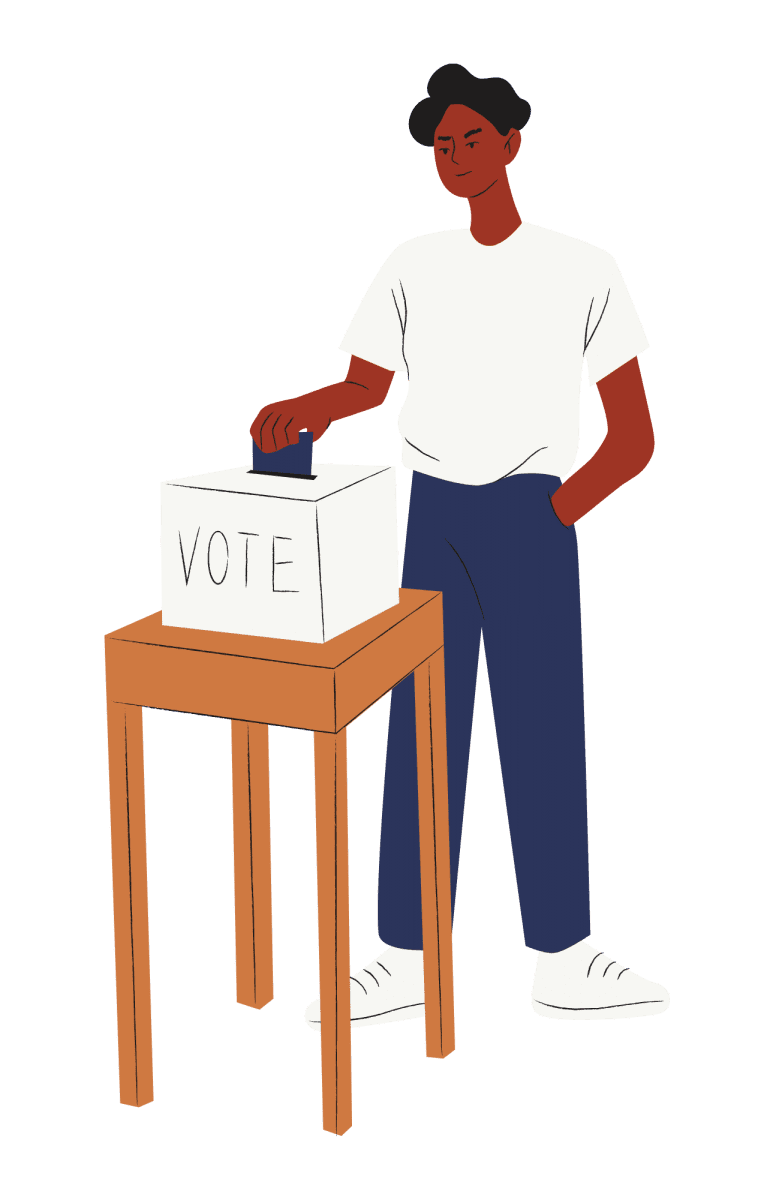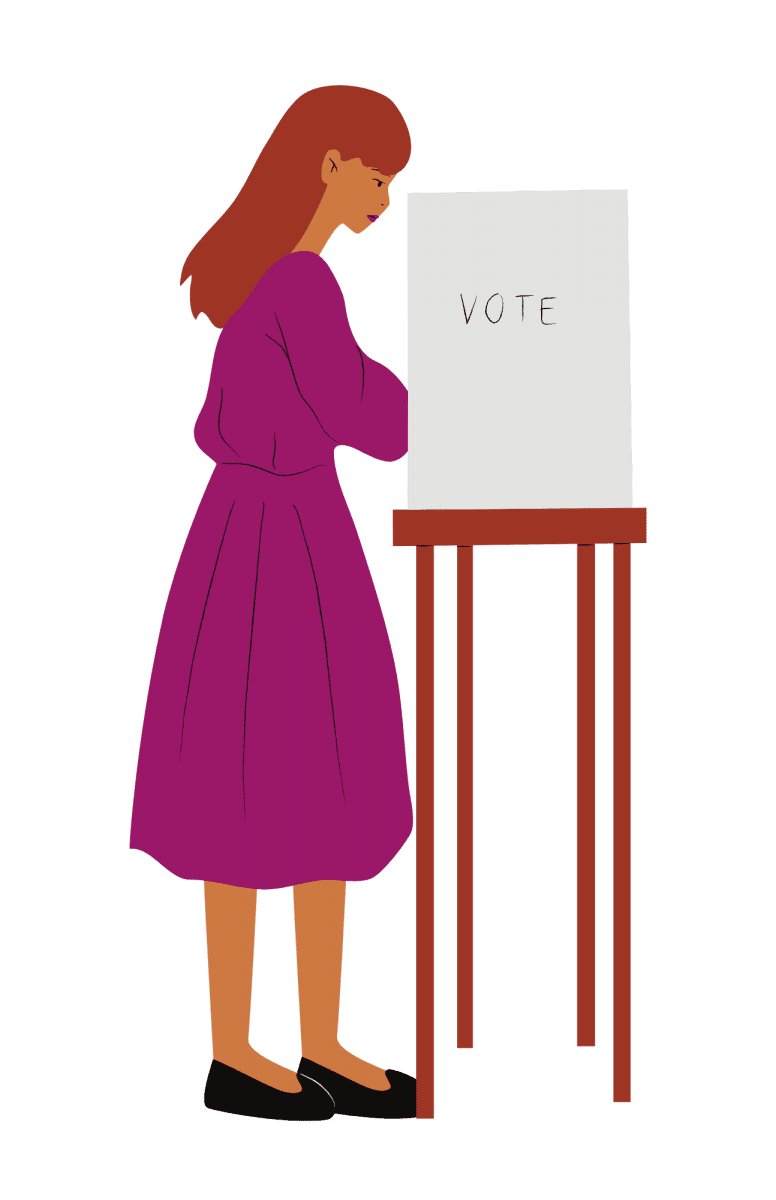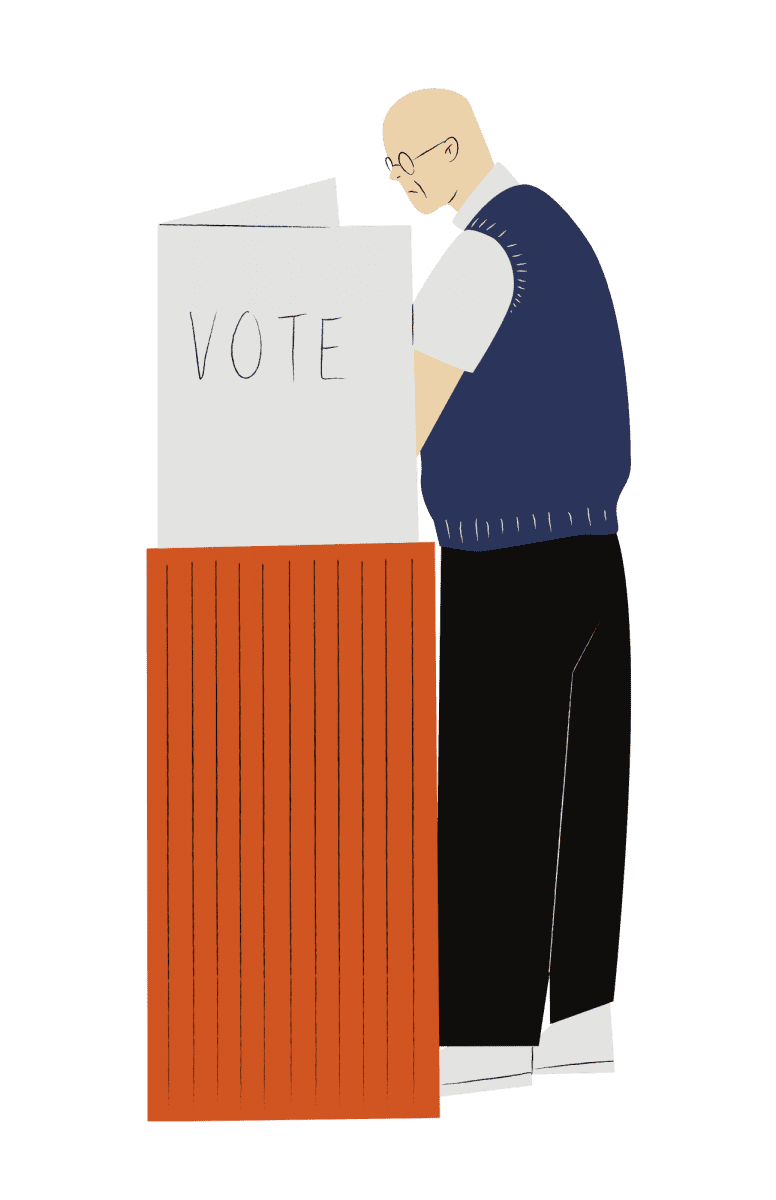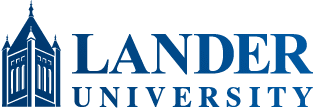THE SOUTH CAROLINA HUMANITIES
Electoral Initiative
A VIRTUAL PROGRAM SERIES
OCTOBER 2020 – APRIL 2021

AVAILABLE ON-DEMAND
Not Your Founding Fathers' Electoral College
Dr. Robert Alexander’s seminar titled “Not Your Founding Fathers’ Electoral College” was originally co-sponsored by the Clemson University Department of Political Science and the nonpartisan group Clemson Votes as a part of Clemson University’s Constitution Day programming. The seminar addresses how the electoral college was created and how it has evolved with nearly 800 attempts to abolish or amend it. Click here to view the 75-minute seminar. If you view the seminar, please click here to take our 3-question survey.
LIVE: OCTOBER 27, 2020 • 7:00 PM
The Outlook for the 2020 Elections
“The Outlook for the 2020 Elections” is a live, virtual roundtable with University of South Carolina political science faculty, Dr. Kirk Randazzo, Dr. Robert Oldendick, Dr. Todd Shaw, and Dr. Jessica Schoenherr. The program explores issues shaping the outcome of the Presidential and Congressional elections, including the Supreme Court nomination, the coronavirus pandemic, health care, the economy, and “law and order.” Click here to view the recording of the live program. If you view the program, please click here to take our 3-question survey.
LIVE: OCTOBER 29, 2020 • 7:00 PM
Social Media in American Elections and How to Spot the Trolls
“Social Media in American Elections and How to Spot the Trolls” is a live, virtual webinar. Clemson University faculty Dr. Jeff Fine (Political Science), Dr. Darren Linvill (Communications), and Dr. Patrick Warren (Economics) will discuss social media election content and their nationally recognized “spot the troll tool.” Click here to view the recording of the live webinar. If you view the webinar, please click here to take our 3-question survey.

LIVE: NOVEMBER 19, 2020 • 7:00 PM
Partisan Polarization, a 2020 Presidential Election Analysis
“Partisan Polarization, a 2020 Presidential Election Analysis” is a live, virtual panel discussion. Dr. Jeffrey Peake and Dr. Laura Olson from the Department of Political Science at Clemson University, Dr. David Darmofal from the Department of Political Science at the University of South Carolina, and Dr. Jordan Ragusa from the Department of Political Science at the College of Charleston discussed the 2020 Presidential Election. The program was hosted by Clemson University. Click here to watch the webinar recording. If you view the program, please click here to take our brief survey.
AVAILABLE ON-DEMAND
Law, Justice, and the Future of U.S. Elections
“Law, Justice, and the Future of U.S. Elections” is a pre-recorded presentation by Professor Lori Ringhand of the University of Georgia School of Law. The electoral process has been under scrutiny because of issues such as voter access, foreign interference, allegations of voter fraud and new stresses imposed by the coronavirus pandemic. What is the future of U.S. elections and the legal landscape surrounding them? Click here to watch the program on-demand. If you view the program, please click here to take our brief survey.

LIVE: JANUARY 19, 2021 • 7:00 PM
Interpreting the Results of the 2020 Elections
“Interpreting the Results of the 2020 Elections” is a live, virtual forum on the eve of the presidential inauguration. Four political scientists from the University of South Carolina will share their interpretations of the 2020 election and the impact it will have on the future of government in the United States. Topics include women voters, election forecasts and voter turnout, continuity and change in Congress, and the impact the election could have on redistricting. Click here to watch the recording of the live event on YouTube. If you view the program, please click here to take our brief survey.
LIVE: JANUARY 25, 2021 • 5:30 PM
Post Inauguration Day Analysis: Where do we go from here?
“Post Inauguration Day Analysis: Where do we go from here?” is a live, virtual roundtable with Lander University political science faculty Dr. Matthew Malone, Dr. Lucas McMillan, Dr. Kimberly Richburg, and Dr. Ashley Woodiwiss. In addition to election analysis at the national and state levels, panelists discuss the roles of women in politics, crisis management in a time of polarization, and the view of the United States from abroad. Click here to register for the event and watch the recording. Suggested readings for this event can be found here. If you view the program, please click here to take our brief survey.
LIVE: FEBRUARY 8, 2021 • 5:30 PM
Lessons from November: Who voted, who didn’t, and why does it matter?
“Lessons from November: Who voted, who didn’t, and why does it matter?” is a live, virtual seminar with political scientists Dr. Amy E. Black of Wheaton College and Dr. Quentin Kidd of Christopher Newport University. Topics will include voting rights, voter access, and voter suppression as well as re-districting in the past and following Census 2020. The program will be hosted by Lander University. Click here to register for the event and watch the recording. Suggested readings for this event can be found here. If you view the program, please click here to take our brief survey.
LIVE: FEBRUARY 15, 2021 • 7:00 PM
Ranked Choice Voting (RCV): A Better Alternative?
“Ranked Choice Voting (RCV): A Better Alternative?” is a live, virtual lecture by Francis Marion University faculty members. Dr. Richard Almeida, Dr. Lauren Perez, and Dr. Dillon Tatum will discuss the positive and negative impacts of increasing voter input into the political system via ranked-choice voting. Ranked-choice voting is used in local elections in more than 20 U.S. cities and in statewide elections in Maine. It allows voters to indicate their order of preference for all candidates running for an elective office. Click here to view the recorded program on YouTube. If you view the program, please click here to take our brief survey.

LIVE: FEBRUARY 22, 2021 • 5:30 PM
The Engaged Citizen: Stories from Activists
“The Engaged Citizen: Stories from Activists” is a live, virtual roundtable with Mary Anne Inglis, former manager of Republican congressional campaigns and now co-founder of My Neighbor’s Voice, an organization that hosts forums on how to build stronger communities in a time of toxic partnership; Laurin Manning Gandy, a digital media strategist who has worked on Democratic presidential campaigns; and Jerry Blassingame, Founder and CEO of Soteria Community Development Corporation. Topics will include avenues for civic engagement, ideological polarization, and the rural/urban divide. The program will be hosted by Lander University. Click here to register for the event and watch the recording. Suggested readings for this event can be found here. If you view the program, please click here to take our brief survey.
LIVE: MARCH 8, 2021 • 5:30 PM
What is needed to keep a democracy healthy?
Dr. Steven Levitsky, Professor of Government at Harvard University, will share insights from his best-selling book How Democracies Die (co-authored with Daniel Ziblatt). Levitsky uses comparative and geographic-based analysis on the functioning of democracies. He will discuss the challenges that democracies face in the 21st century. Watch this interview with Dr. Levitsky conducted two weeks after Election Day 2020 to prepare for the live, virtual webinar on March 8. This program will be hosted by Lander University. Click here to register for the event. Suggested readings for this event can be found here. If you view the program, please click here to take our brief survey. This program will be hosted by Lander University.
Presented by




Featured
Speakers
The South Carolina Humanities Electoral Initiative features scholars from institutions across the country.
Dr. Robert Alexander
Ohio Northern University
Dr. Richard Almeida
Francis Marion University
Dr. Amy E. Black
Wheaton College
Jerry Blassingame
Executive Director of Soteria CDC
Dr. Jeff Fine
Clemson University
Laurin Manning Gandy
Digital Media Strategist
Mary Anne Inglis
Co-Founder of My Neighbor’s Voice
Dr. Quentin Kidd
Christopher Newport University
Dr. Steven Levitsky
Harvard University
Dr. Darren Linvill
Clemson University
Dr. Matthew Malone
Lander University
Dr. Lucas McMillan
Lander University
Dr. Robert Oldendick
University of South Carolina
Dr. Laura Olson
Clemson University
Dr. Lauren Perez
Francis Marion University
Dr. Kirk Randazzo
University of South Carolina
Dr. Kimberly Richburg
Lander University
Professor Lori Ringhand
University of Georgia
Dr. Jessica Schoenherr
University of South Carolina
Dr. Todd Shaw
University of South Carolina
Dr. Dillon Tatum
Francis Marion University
Dr. Patrick Warren
Clemson University
Dr. Ashley Woodiwiss
Lander University

A National Initiative
This program was funded by the “Why it Matters: Civic and Electoral Participation” initiative, administered by the Federation of State Humanities Councils and funded by The Andrew W. Mellon Foundation. The “Why It Matters” initiative will provide free humanities programs to engage the public in collaborative, accessible, and thought-provoking dialogues on the importance of electoral and civic participation.
Questions?
Contact Dr. Alice Taylor-Colbert at atcolbert@schumanities.org